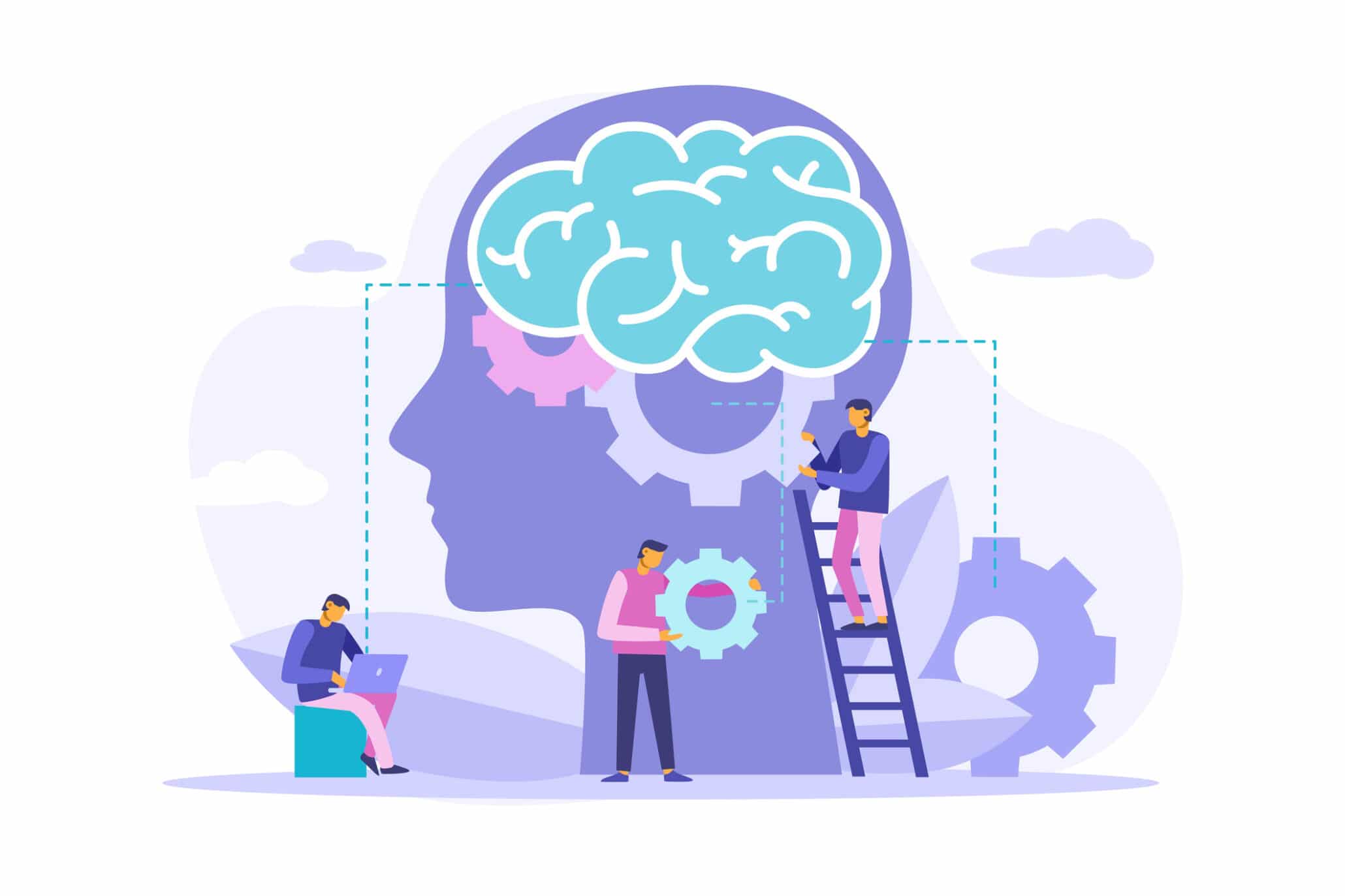Even before Covid-19, mental health was a serious issue for employee wellbeing while also greatly impacting absenteeism across businesses. The last two years has only accelerated the mental health crisis and, at a macro-level, greater aligned systems need to be put in place to address it. However, it is important to support and advise employees on personal steps and daily habits that they can implement now. Professor John Gallagher, Chief Medical Officer of Cognate Health outlines his top tips on keeping anxiety at bay.
As we now learn how to live with COVID in a safe way, it is important not to forget the basics and take the time to reflect on our mental health. Undoubtedly, people’s well-being has been impacted during the pandemic. Most people can attest to feeling lost and defeated at some point over the past two years and this feeling has resurfaced for many with the aspect of ‘return to office’ in situ. Here are some tips on minding your mental health, now and into the future.
Start your day well
Look for structure in your day, especially in a hybrid working environment. When working from home, take what used to be your commuting time and it make it productive — early morning yoga, a walk before sitting down at your desk, or listening to a mindfulness podcast. If you are commuting, and it is possible, look at cycling into work, or get off the bus that bit earlier to get your steps in. Getting regular exercise can really help your mental health, as does eating healthily.
Plan, plan and plan some more
We are creatures of habit, and crave consistency and structure. The uncertainty associated with COVID-19 has upheaved this. Take ownership over that now. If you work a typical 9 to 5 job, then work within that timeframe. Embracing routine can have a huge positive impact on your mental health.
Avoid drinking, smoking excessively and maintain a healthy diet
When we feel stressed or under pressure, it can be tempting to adopt negative behaviours to try to cope, such as eating or drinking too much. Not surprisingly, there is evidence suggesting an association between psychological distress and changes in alcohol, tobacco and junk food consumption. The problem with negative coping behaviours is that they can make us feel worse and it becomes a vicious circle.
Don’t overload on news
While it is important to be informed during these times, being exposed to lots of noise and negativity can be harmful for mental health. If you haven’t already, consider limiting how much time you spend on social media and turning off alerts. Let it be on your time, when you feel ready, and don’t let it be thrust upon you.
Have a flexible mindset
When faced with challenges, try to reframe them in a positive way. Pay attention to how you respond and practice reframing techniques so you can build a more resilient mindset. Also talk to friends and, more importantly, listen to them if they are telling you that you seem different or under pressure or stressed. If you are struggling, seek professional help early.
Get enough sleep
Two principal causes of productivity losses at work are absenteeism, caused by illness, and presenteeism, due to people working but not working to their full potential. Both causes are often as a result of insufficient sleep, which may have even more serious consequences. Stop excessive use of electronic devices outside work, or impose a cut-off time for work-related emails. Employers should also set realistic time pressures and deadlines to reduce employee stress. Avoid caffeine before bed, and take a warm shower or bath. All can assist in getting a better night’s sleep.
As a leading occupational health provider, Cognate Health can assist your business on well-being and mental health supports in the workplace. Please contact info@cognatehealth.iefor more information.

